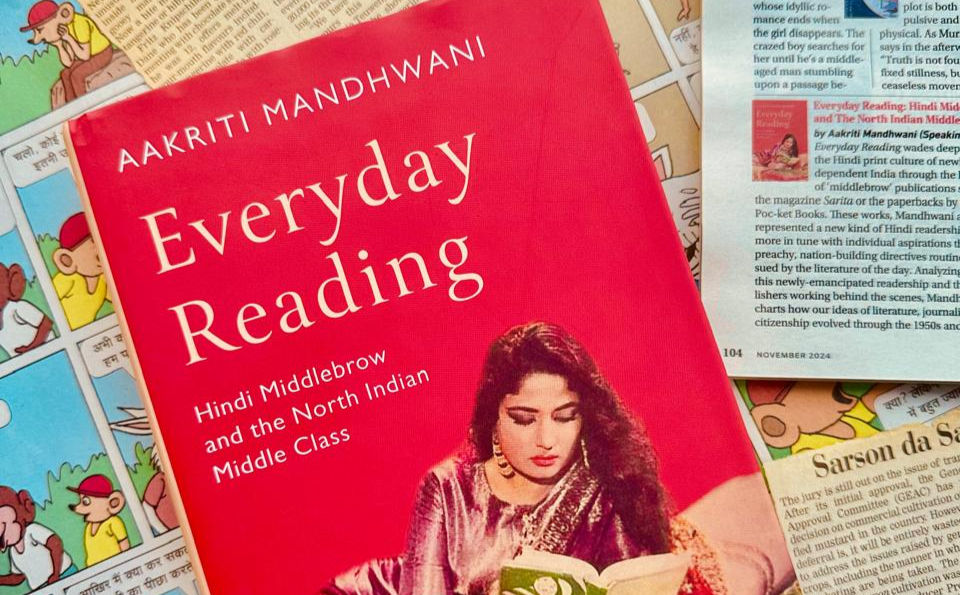The Promise and Paradox of Our Constitution: A Thoughtful Critique of Colonial Legacies
- Hansa Sinha

- Jun 14, 2025
- 3 min read
Updated: Jun 20, 2025
The Colonial Constitution ~ Arghya Sengupta

The Colonial Constitution is a book about the Constitution of India as it was adopted at the time of Independence. The central theme of the book is that this Constitution is exaggeratingly venerated by all. However, one should note that this Constitution is largely built on Government of India Act 1935, which itself is a colonial instrument. This constitution has carried forward many colonial institutions and systems. Sengupta points out that when salt tax was imposed by the British Government it was considered ‘stealing the people’s salt’. But when the time came, the Constituent Assembly didn’t abolish it, but pragmatically continued it. Divided into two parts, Decisions and Alternatives, the book goes on to illustrate how this is perhaps not the Constitution of our dreams or what we were promised.
I found chapter six to be the most touching. In a departure from the tone of the rest of the book, it is a personalised account of the life of Bhim Rao Ambedkar. His hardships as an ‘untouchable’ in Bombay province and later his education in UK and USA in a ‘equal’ environment take us closer to his motivations for making Constitution more centralised. Dhananjay Keer’s words on Ambedkar paints a picture of a promising India post the exit of British. He writes about Ambedkar and the book quotes,
“He could read, he could write, he could walk, he could bathe, and he could rest with a status of equality. Meals at regular hours, eating on a table, cloth and napkin…it was a new world.”
As Sengupta traverses from the days of drafting the constitution to the present day, one can feel the steam of his words steeped in sarcasm. In order to step away from hagiographies of the constitution, the author seems to have created a veiled hamartography. Claimed to be an origin story and not a critique. However, this ‘origin story’ is replete with layered criticism, sarcasm and irony which serves to justify the title of the book. The sarcasm is hard to miss when Sengupta writes:
“..Macaulay would have been proud that Indians had, on their own, perpetuated, supported, and legislated for themselves a raft of colonial institutions to guide their journey as an independent nation.”
Other times he relies on statements and speeches made by various constituent assembly members to drive home the dissatisfaction with the Constitution in the form as it was adopted and as it exists today. Certain examples would be statements on Gandhian Constitution, on retaining controversial portions of the Government of India Act, 1935 or even likening the Constitution to music of an English band.
On the issue of Gandhian Constitution, he says that the principles that Gandhi stood for like Satyagraha and non-violence and particularly decentralisation have not found their way in this document. However, he forgets Article 19 which not only gives freedom of speech and expression but of peaceful assembly too. As far as decentralisation is concerned, one must remember Part IX that deals with the Panchayats and were added by the seventy third amendment.
He concludes by saying that it is only his intention to have an honest conversation about the Constitution. But the book does read like a critique albeit with a smattering of justifications.
To get to the simplistic premise, the reader may have to navigate through some long winding sentences replete with academic jargon. However, there is a wealth of research in there. The Constituent Assembly Debates nearly come alive in front of your eyes. We the people of India have given to ourselves with a lot of hope, this Constitution. Colonial or not. Read it to get a thought-provoking perspective.
(Editor, The Fifth Pillar)


Comments